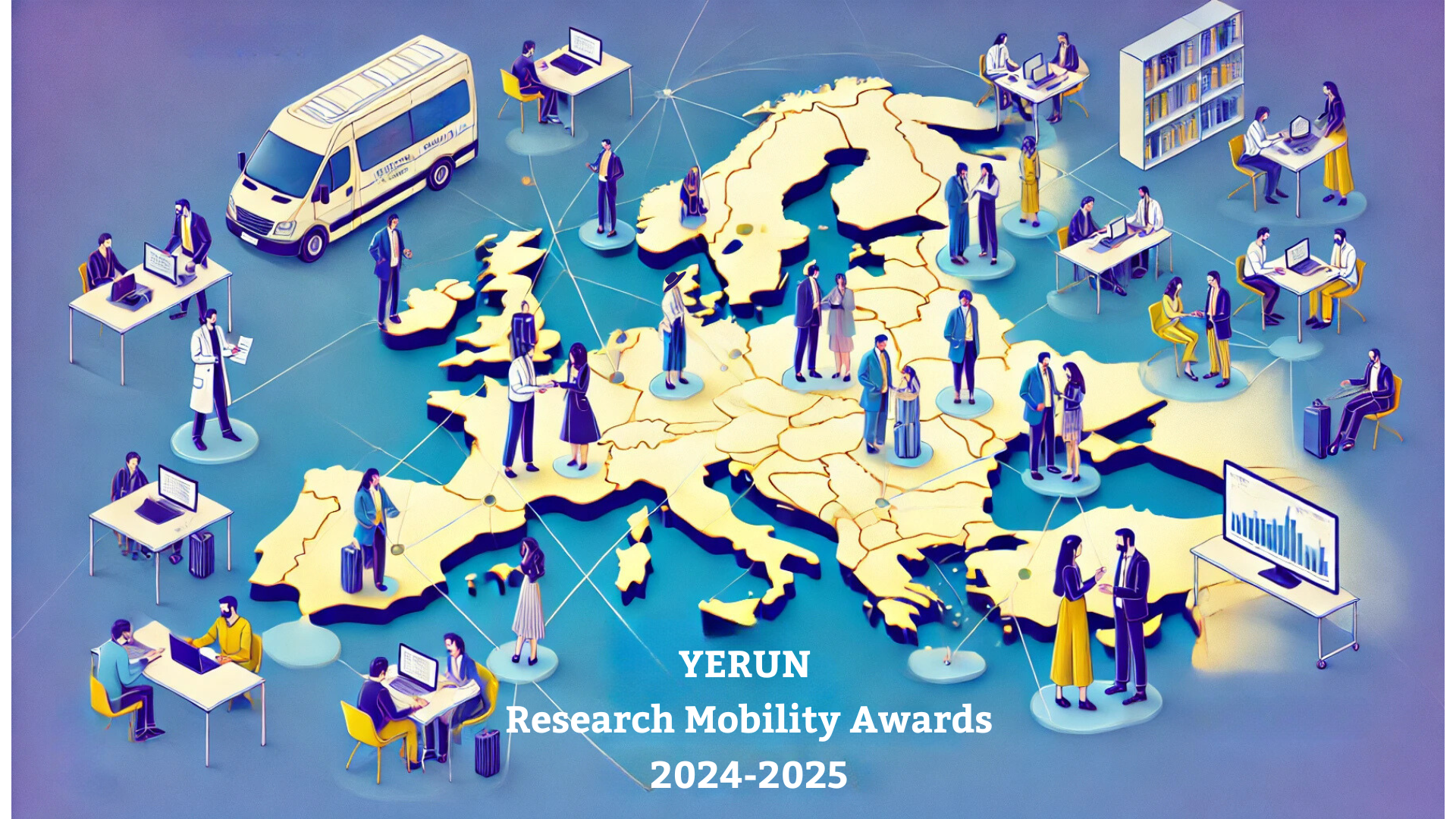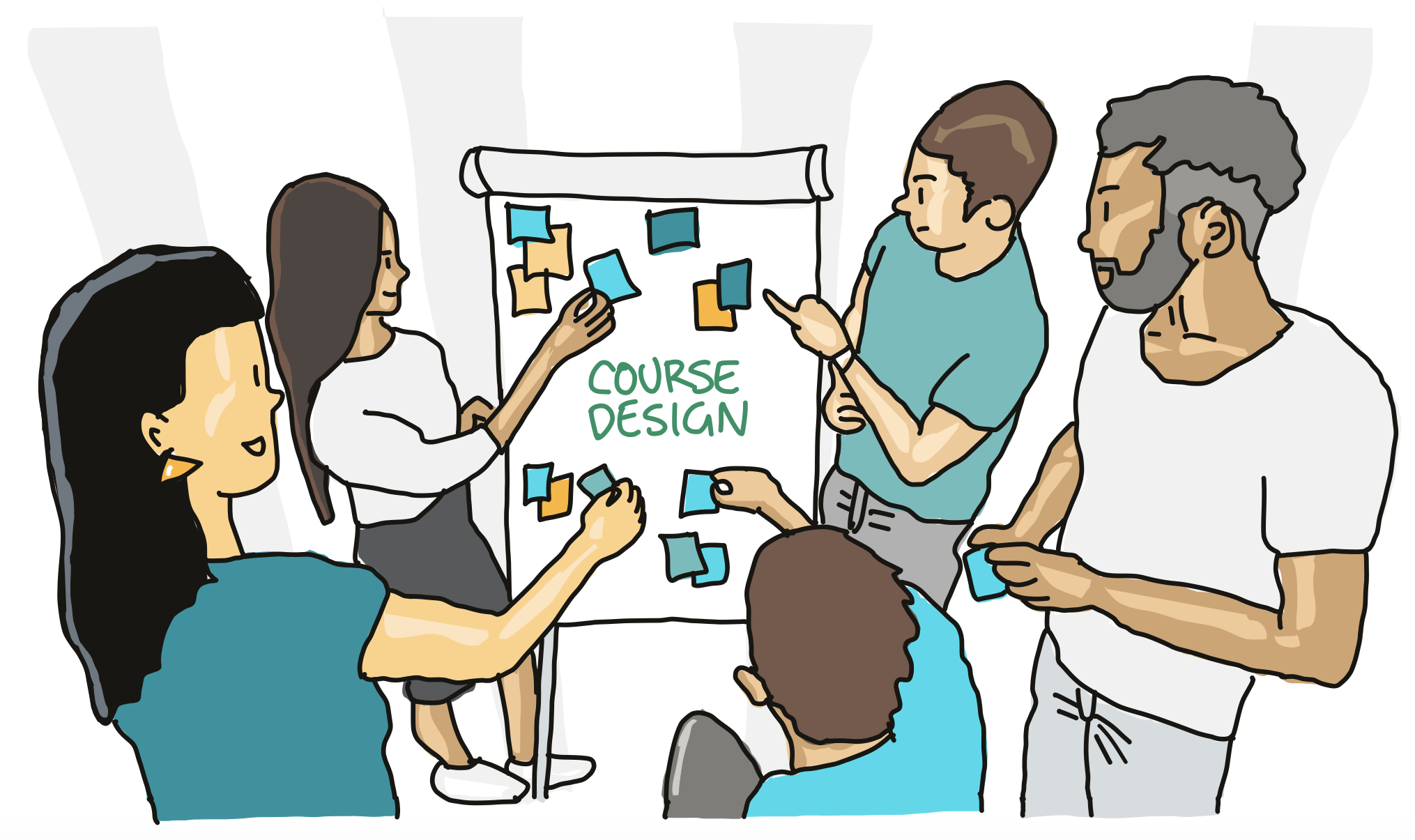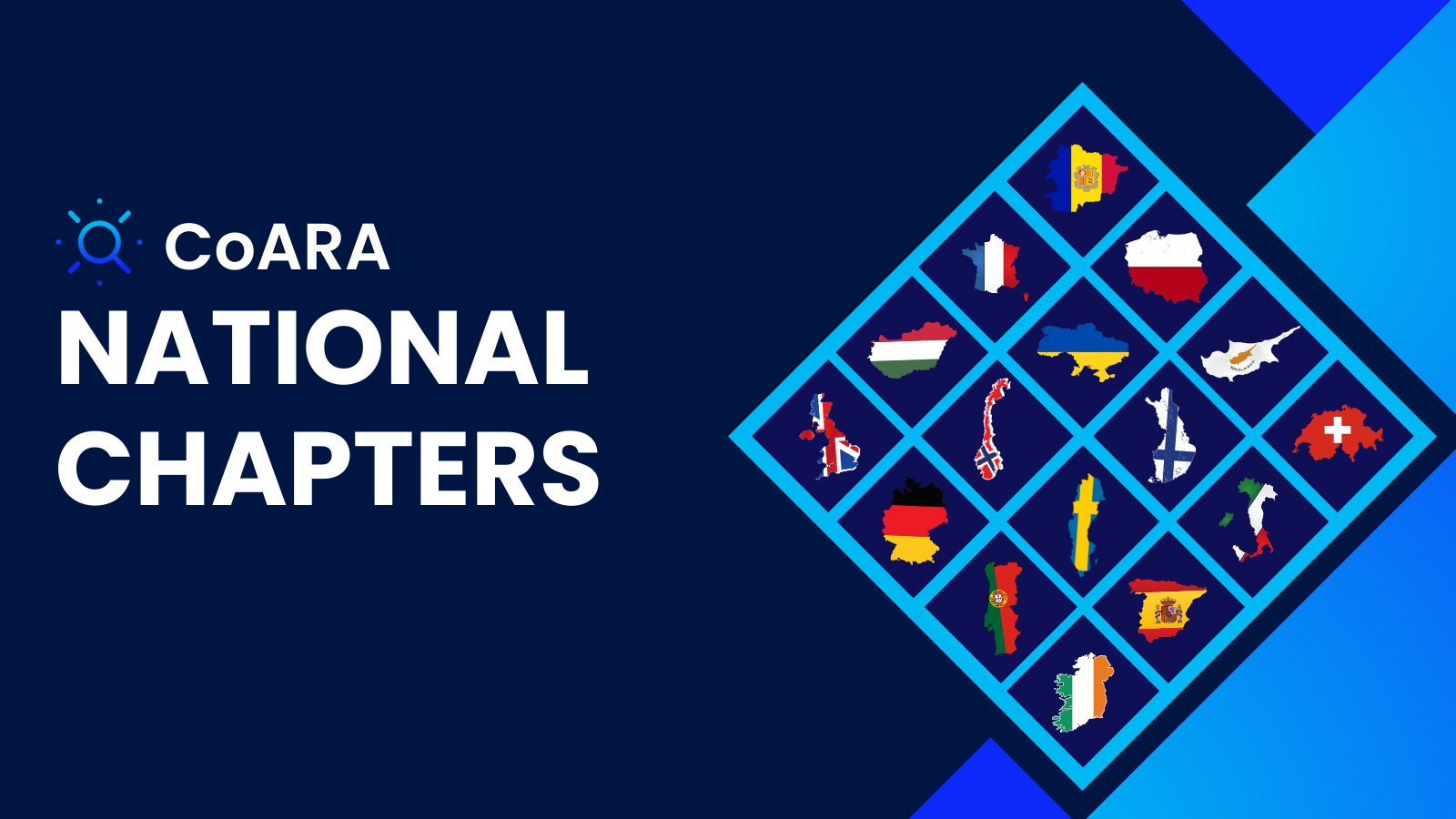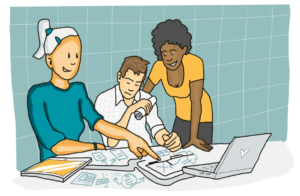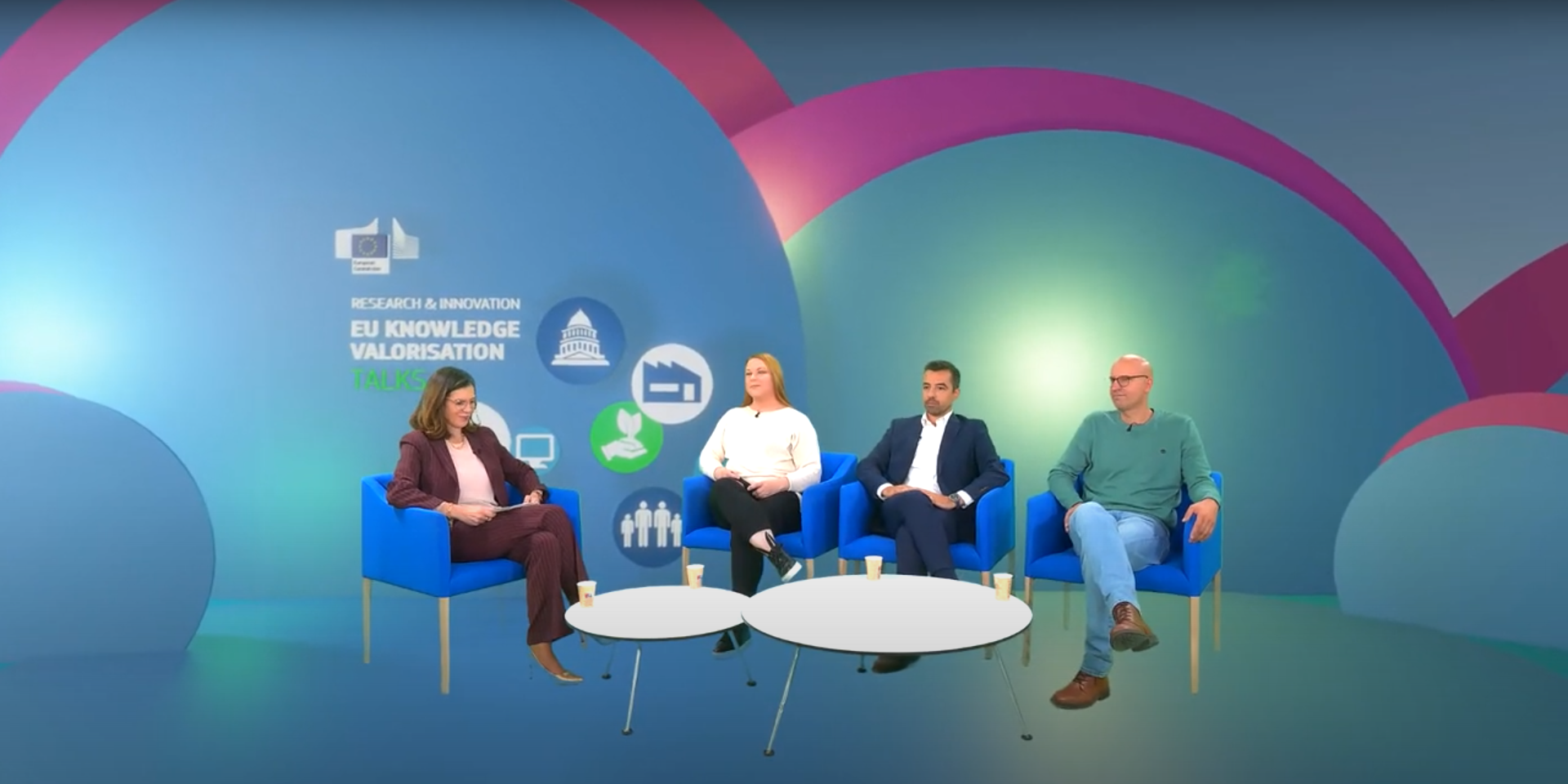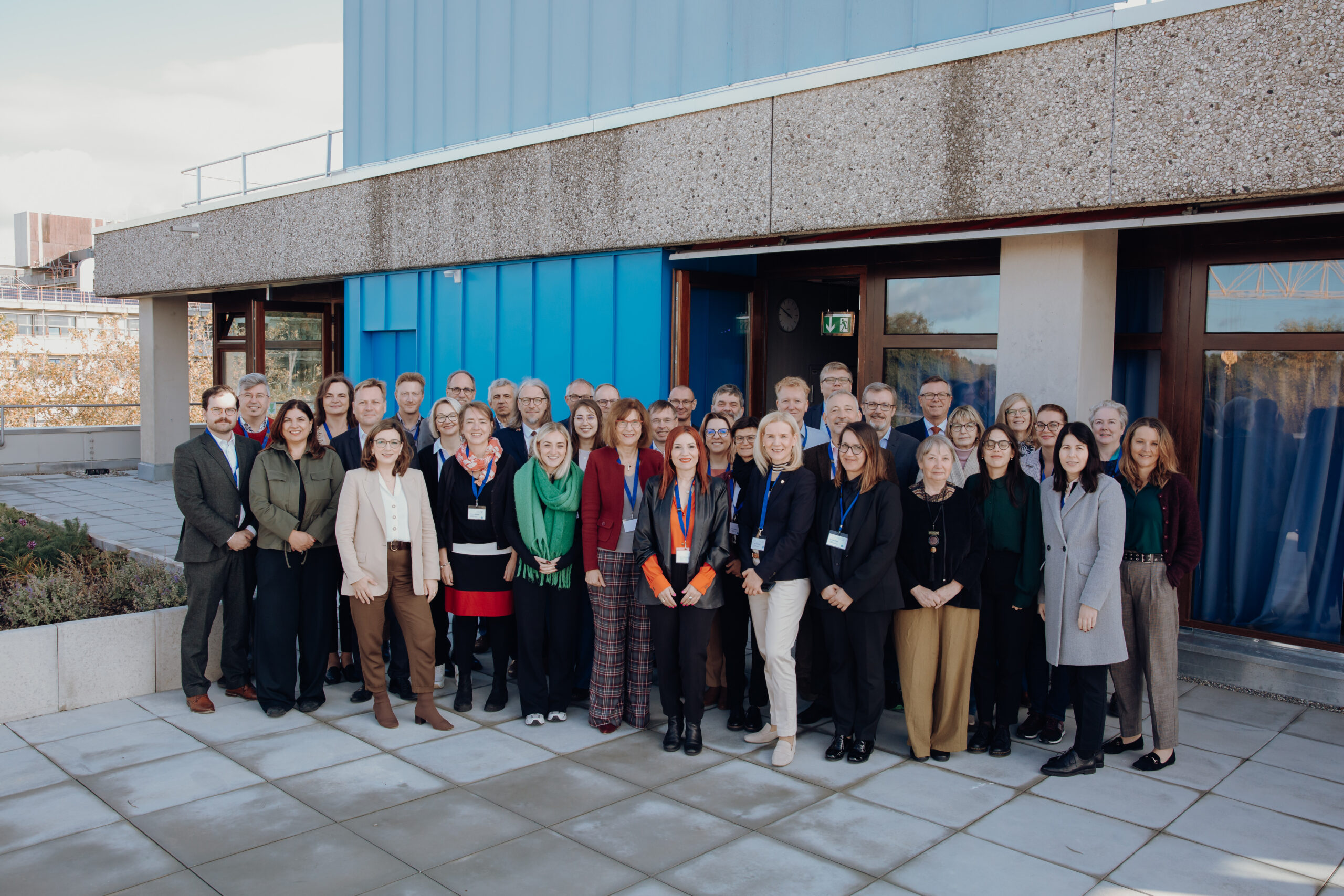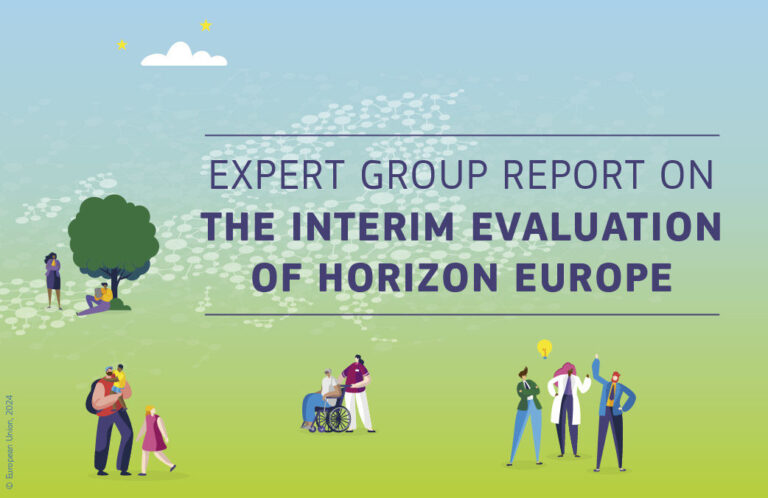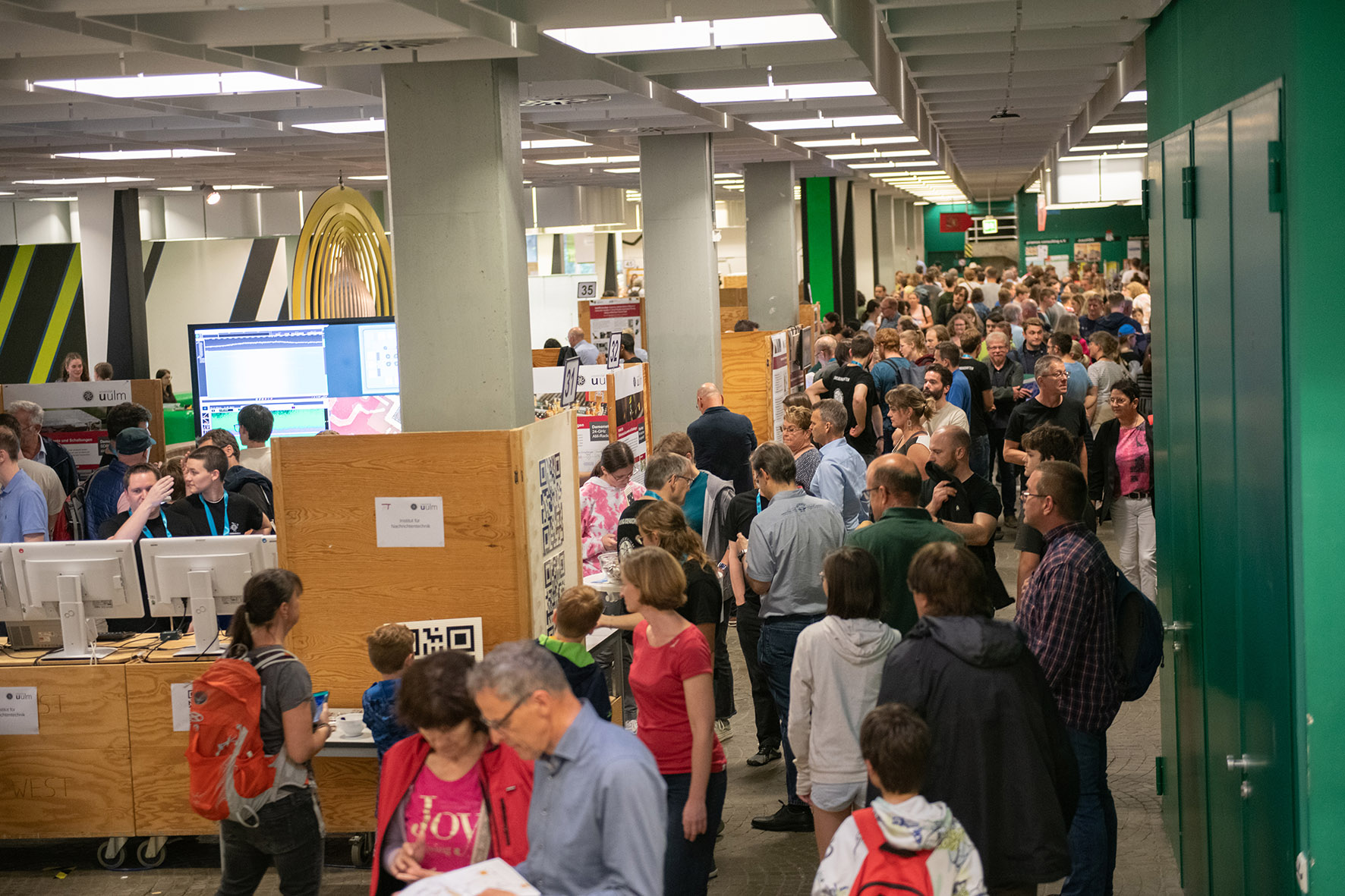The challenges facing global society require future-oriented higher education to help students develop specific competencies. Innovative teaching formats are of particular importance in this context. At the University of Potsdam, such formats arise in diverse contexts, with digitization and internationalization playing a significant role.
In higher education, innovations can be understood as further developments of and innovations in teaching that add value to teaching and learning processes. Formats, topics and content, methods and media do not necessarily have to be new. The specific arrangement of known variables in teaching-learning settings can also bring new possibilities for teaching and learning.
Internationalization and digitization are fields of strategic development at the University of Potsdam. They provide a particularly suitable framework for the design and implementation of innovative teaching. In Collaborative Online International Learning (COIL) or Virtual Exchange (VE) formats, instructors and students from different countries come together in collaborative scenarios. International exchange, problem-based and research-oriented learning in partly collaborative projects promotes not only the development of specialist skills, but also in particular communicative, intercultural, interdisciplinary and digital skills.
The number of these offers is increasing, especially in the University Alliance European Digital Univercity EDUC in which teachers from eight European universities are developing cross-border courses in a wide range of subjects (Course Overview). One example of the combination of known methods and digital tools can be found in the field of Linguistic Landscape research. With the help of web-based training developed jointly at three partner universities, students can independently familiarize themselves with the research field in order to formulate their own questions and carry out field research projects in small groups.
Although COIL/VE can be applied in almost all subjects and develop its potential for competence-oriented teaching, linguistics and language learning are perhaps more predestined than others for learning in international exchange. Therefore, the Center for Languages and Key Competencies is also particularly interested in these formats, as the example of the German-Israeli COIL project “Interface” shows, which explicitly links the language acquisition of student teachers in English with intercultural exchange.
Embedded in a trans-institutional cooperation of a completely different kind is the History Dialogues Project by global history historian Prof. Dr. Marcia Schenck, which has been described as “revolutionary.” Developed during her time at Princeton University and linked to the cooperation of various international universities and non-governmental organizations in the Global History Lab, her teaching project combines various classical teaching and learning formats from lectures, discussions and fieldwork and brings together students from three continents virtually. The two-part course first introduces global history. By means of small research projects, the students, who conduct field research as experts at their respective food points, subsequently learn to apply methods (oral history) and write “global history in miniature.”
The research project “Researching Digital Interculturality Co-operatively”(ReDICo) demonstrates the fact that not only research on a small scale and as an object or method of teaching-learning scenarios offers a conducive context for further developments in university teaching, but that research projects can also act as a catalyst for innovative formats. Researchers from the universities of Potsdam, Mainz and Jena are investigating the relationship between digitization and intercultural communication as well as the change or emergence of new communicative patterns. As part of the Potsdam sub-project “Digital Communities and Intercultural Online Competence,” intercultural simulation games were conducted in online environments in which students could practice, discuss and evaluate their intercultural communication skills with teams from another university.
Further development in university teaching requires not only committed teachers and students, but also the provision of resources and the recognition of commitment. Since 2019, the University of Potsdam has been supporting innovative teaching projects and university-wide exchange on teaching quality in an annual call for proposals. At the center of the more than 65 projects funded to date is the orientation to the teaching model and its focal points: research as well as activity field orientation and personality formation, interdisciplinary and interdisciplinary teaching, target group specific teaching as well as student and competence orientation. Further measures include the explicit promotion of international cooperation projects (KoUP), comprehensive information services for international calls for proposals by the International Office, consulting and support services for COIL/VE projects by the Center for Quality Development in Teaching and Learning (COIL.UP) as well as the E-Learning Award offered by the President of the University of Potsdam.
Addition information:
COIL/Virtual Exchange teaching projects
Innovative teaching projects 2019-2021 (in German only)


